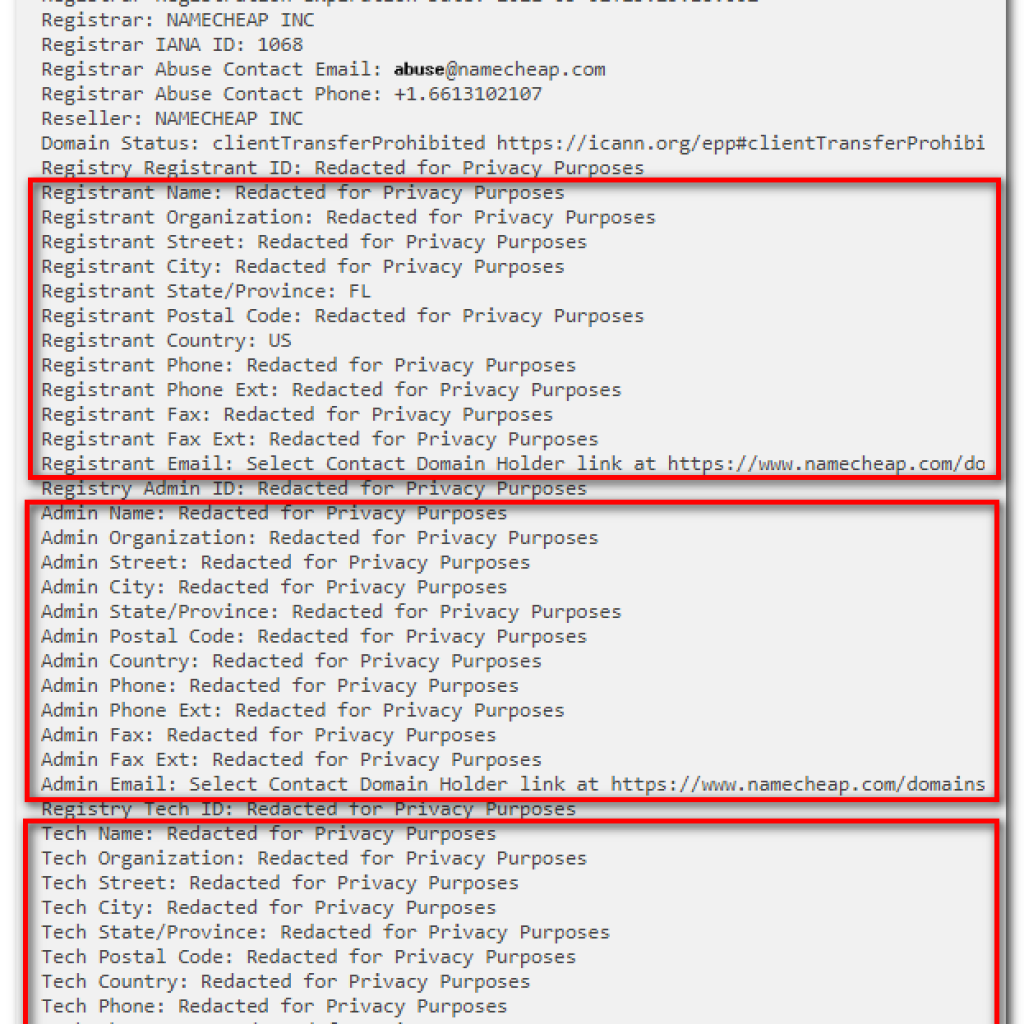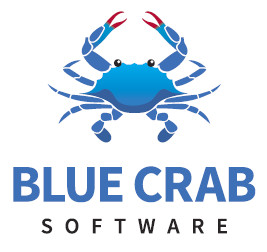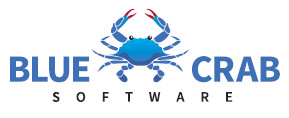Owning and Administering Your Domain Name
We work with our clients to provide whatever services they need. Our preference is to register your domain for you, build your software, and host it, the three primary services of web development.
You can register your own domain, though, and you might save $10 a year. That’s $10 a year, not $10 a month. If we register it for you, you still own your own domain. If you want to go elsewhere, we’ll transfer your domain for you. It’s a lengthy process to prevent domain hijacking, and consists of unlocking the domain for transfer and generating a code. Currently, we don’t charge for transferring a domain away from us to another provider, and we don’t charge for transferring a domain registration in from another registrar to us. It’s a service, and we constantly lose a lot of money on this because it takes a lot of time to administer.
So why do we encourage our clients to let us register their domains for them?
There are three very important reasons.
The first reason is so you don’t forget about it. If you register your own domain, you register it for one or more years. Let’s say you don’t have a domain yet, and you pick EasyCheapFastNames to register your new domain because you heard they were cheap and you need a domain to run a website. So far so good. They will take your money, walk you through the process, and in 5 minutes you will have a new domain, one that no one else owns or can own. You’ll pay for a year or two or maybe even 5 years. You might get the first year for a buck–what a deal!
However, a few years from now when your domain starts to expire, you’ll get an email from EasyCheapFastNames and you won’t have a clue who these guys are. In fact, you’ll get a lot of spam from weird places claiming your domain is about to expire and demanding you send them $75 to keep that from happening. Those are all scammers. When we register it for you, you’ll know it’s spam because it didn’t come from us.
But one day EasyCheapFastNames will email you and by then you’ll be used to scammers and you’ll discard their email. You’ll get a few more emails and you’ll ignore them, too, and one day your website will go dark because your domain expired!
You’ll yell at your developer and hosting provider, but it’s too late! You let your domain expire! Yes, this has happened to many of our clients over the years. If you notice, or one of your customers or clients happens to notice that your website is down soon after this happens, you might be able to get your domain name back, but if you wait too long, someone else may buy it and you’ll lose it forever!
The second reason you may not want to register your domain yourself is because if someone in your organization, perhaps an employee or a volunteer, does the registration, that person is the only one with access to the domain registrar account. That means they’re the only one with the account login and password, and if they leave, you will be locked out of your account. You may be able to recover your domain if you can prove you’re the business owner or the authorized representative of a not-for-profit, but that’s not trivial. This has happened to more than one of our clients over the years, and depending on who you registered with, you may have to present your incorporation or LLC papers, your driver’s license, utility bills made out to you at the company address, and perhaps other proof of identity. All this is for your protection so no one can hijack your domain name, but it can be very difficult to regain your account. And you usually don’t notice this until your website goes dark and you have a crisis! It can take several days to get control of your account again, even if the ex-employee isn’t vindictive and tries to fight it.
The third reason is because you must be able to set the DNS records for your domain. DNS records connect your domain name, like bluecrabsoftware.com, to a particular IP address that identifies a server somewhere in the world. So, if you change hosting providers, you will absolutely need to change the DNS records to point to the new server. While entering this information is not inherently difficult, you have to find the information from your hosting provider and determine how to set it at your registrar, or even a third party in some cases. In addition to the basic DNS pointers, you may need to set special records for email, which can be very complicated. With some help, most of our clients can set the basic DNS records, but it’s a waste of their time and certainly it’s a waste of our time as well, because different registrars will have different screens. We’d rather do it for you in 5 minutes than spend an hour trying to help you with screens you, and often we, have never seen before.
So we highly recommend that our clients NOT register their own domains, but let us do it instead.
But what about ownership? If we register your domain for you, you still own it. Period. We put your name in the ownership record and list ourselves as the technical administrators. We handle all work needed for your domain registration from time to time for free, for example if we need to move your website to another server. Again, we do this because it’s a service to our website development and hosting clients and we’d rather take care of it ourselves than try to walk a client through doing this work at some unknown registrar. If you want to move your domain somewhere at any time, we’ll help you move it out. We will NOT help you install it correctly at your new location, though! You need someone in your organization who can do that.
Lastly, some people don’t understand that all registrars work together across the Internet. We are just one part of a whole network of registrars that connect and protect domain names. If you pay any registrar for, say, 5 years of domain registration, you will always have that same expiration date, even if you move registrars. Your new registrar may require you to pay for a minimum of one more year, no matter how many years you have remaining, but you’ll get that year on top of whatever time you already had.
All that said, if you have the technical expertise to register your own domain and keep up with it, we’re happy to work with you to develop your web software and host it. Just make sure you understand the responsibilities you’re taking on by registering your own domain.
March 1, 2021 Update for EasyNetSites Customers
There has been some confusion over ownership of your domain. EasyNetSites never intended to own your domain–it’s yours–but unfortunately the way it was registered created some confusion.
First off, all information was blanked out through privacy guard. That’s fine for a small, home-based business, or a society with no fixed address, but generally you want your information to display when someone does a “whois” query. For example, here is part of a whois for one of our ENS society domains:

You’ll notice there are three sections that are boxed for emphasis. The registrant organization is where your society information is supposed to go! Typically, Blue Crab is the administrative contact if there are any questions, and we’re certainly the technical contact. But unless the owner of the domain wants to hide behind a “proxy”, the owner’s information should appear in the registrant area (see note below). That’s how you demonstrate ownership of your domain, but without having to actually administer it and possibly lose control of it. Over the next few months, we expect to start inserting the correct information and turning this on; right now all ENS domains are set to “privacy” and no information can be seen. We will reach out to you and ask you for the contact information that you want in your domain listing for the registrant, but if you still want to transfer your domain we will certainly do that. Make sure that’s actually the right decision for your organization, though! You need to own your own domain, but you don’t need to administer it!
Note: Since the GPDR went into effect in 2018, a public WHOIS generally can’t see the registrant data above. Everything was visible prior to this. However, there are some vendors associated with registrars who can see this information, and who could theoretically spam you. However, this seems to be a minor issue now days. So in reality turning off privacy guard, which prevents those vendors from seeing your information, won’t make much difference. We want your information in the registrant area, however, so that the registrar can see your information if needed.




